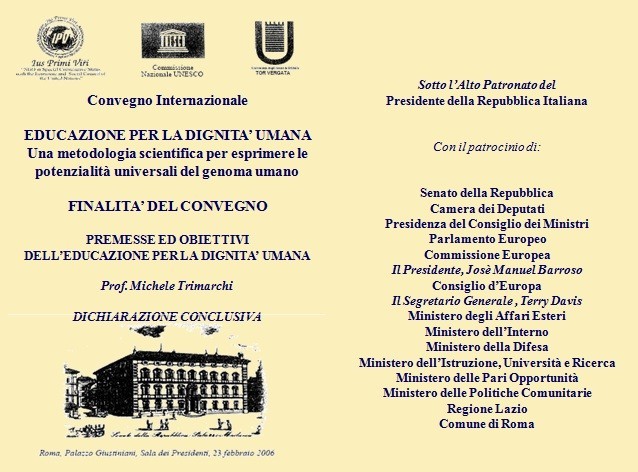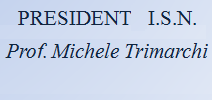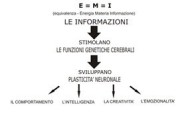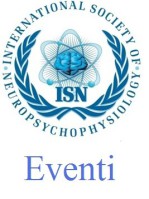United Nations E/2006/NGO/..
Economic and Social Council Distr.: General
February 2006
Original: English
Substantive Session of 2006
New York, – July 2006
Agenda Item …
Statement submitted by Ius Primi Viri (IPV)
an International Association working for Human Rights Education since 1993,
in consultative status with the ECOSOC on the recommendations made at the International Conference organized to implement the World Programme of Human Rights Education adopted in 2005 on “Education for Human Dignity:
A Scientific Methodology for Expressing the Human Genome's Universal Potential”
23 February 2006, at the Italian Senate, Presidents Hall, Rome-Italy
The Secretary-General has received the following statement, which is being circulated in accordance with paragraph 30 and 31 of Economic and Social Council resolution 1996/31 of 35 July 1996.
Around 200 participants (Educators, Institutions, Lawyers, Judges, NGOs, diplomatic representatives gathered at the Italian Senate to attend the International Conference on “Education for Human Dignity” to contribute to the implementation of the “World Programme of Human Rights Education” and enhance the debate of the High Level Segment of the ECOSOC of 2006 on enabling environment for sustainable and productive employment. They adopted the following Declaration in the spirit of human rights and sustainable development to promote Education for human dignity and achieve the MDGs.
Stated that:
- the Universal Declaration of Human Rights recognizes the equal dignity of all human beings of the planet;
- dignity - main value of life - is rooted in the genome as a project to be implemented during lifespan;
- biological development should be matched by a similar development of the aware ego;
- information reaching the brain modulates behaviour and awareness;
- children depend totally on family and social information; quality of information determins the quality of development of behaviour and consciousness;
- the ego shall be the master of the psycho-motor activity of one's body and brain;
- the ego shall identify the substance of information to enrich one's knowledge;
- freedom is directly proportional to the knowledge of one’s potential;
- the ego shall be aware of its uniqueness and of its capacity to relate to the environment;
- information shall be provided to children to identify its intrinsic value;
- self-esteem, autonomy and self-confidence must be complete at puberty;
- the biological identity of gender fosters the creative expression and use of one's body and brain;
- the ego must verify the substance of information;
- the child's ego has a brain with a huge potential, without limits to perceive and understand all that freely informs it; any imposition conditions and limits the expression of its potential;
- no one is born “good” or “bad”, but with a brain ready to realize an aware and wise ego;
- brain potentially holds dignity, freedom, justice, and love as basic genetic drives, and is able to verify what is true or false;
- children refuse all violating their natural right to be respected in dignity and freedom.
We affirm that:
- The main aim of Education is to make individuals aware of the value of their own existence; dignity cannot be violated, altered, or traded;
- Education must lead individuals to understand their biophysical, psychological, and cognitive potentials;
- Education must exducere one's self-esteem through self-criticism, and help overcome the obstacles hampering the growth of consciousness and personal expression;
- Education forms a child’s ego through an objective, goal-oriented understanding of reality identifying why something exists and what is its usefulness;
- Education must form the ego by means of knowledge; instruction must provide the ego with the cultural tools useful to its conscious and creative expression.
Education will so enable human beings to control their lives and evolution towards harmonization integrating values that enlightened people left as an inheritance to humankind.
Rome, 23 February 2006
Signed and presented on behalf of the participants
in the International Conference
by
The President of IPV
Michele Trimarchi







